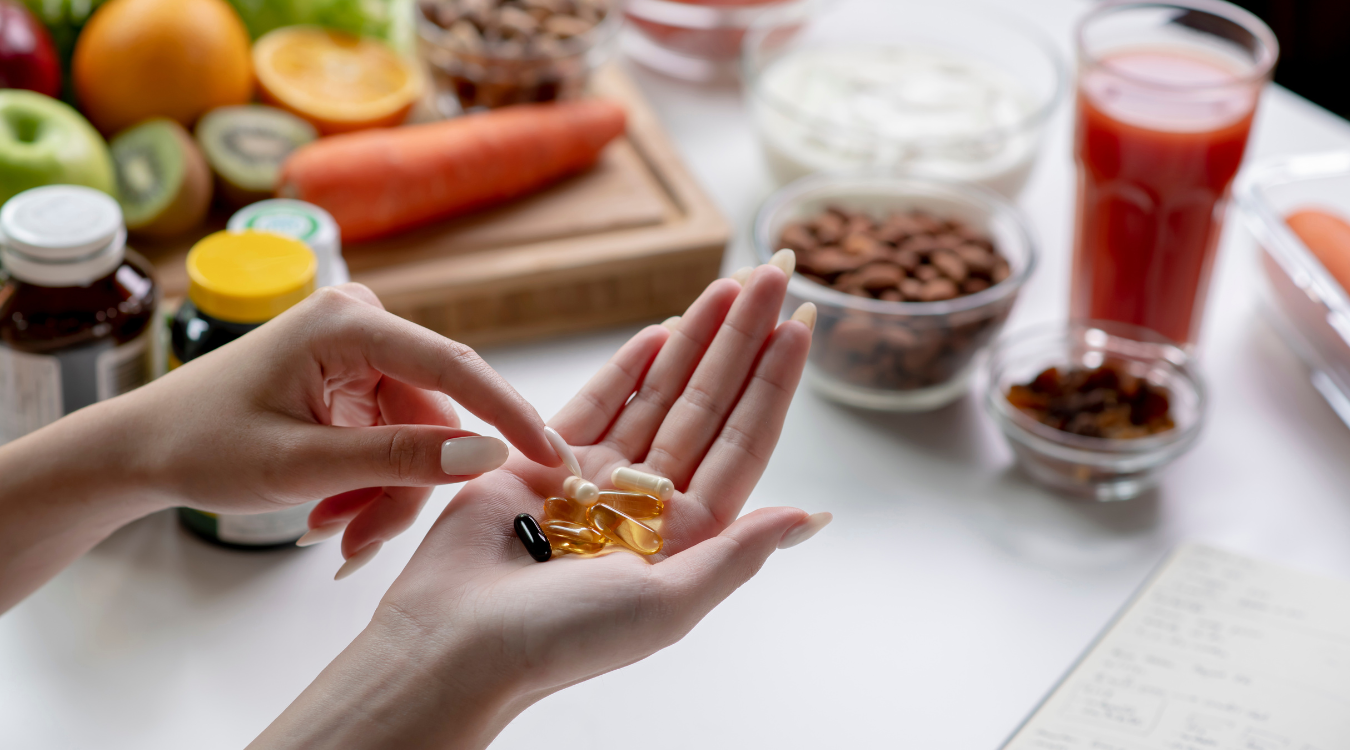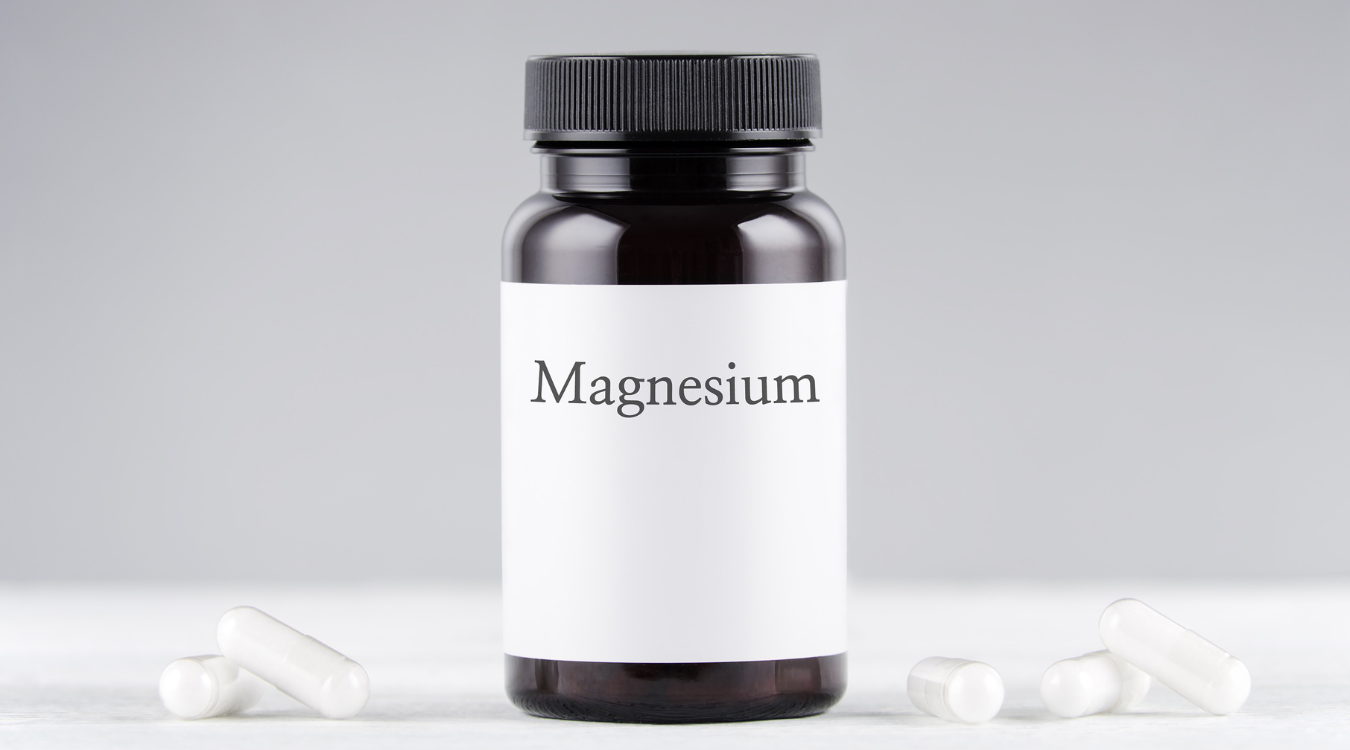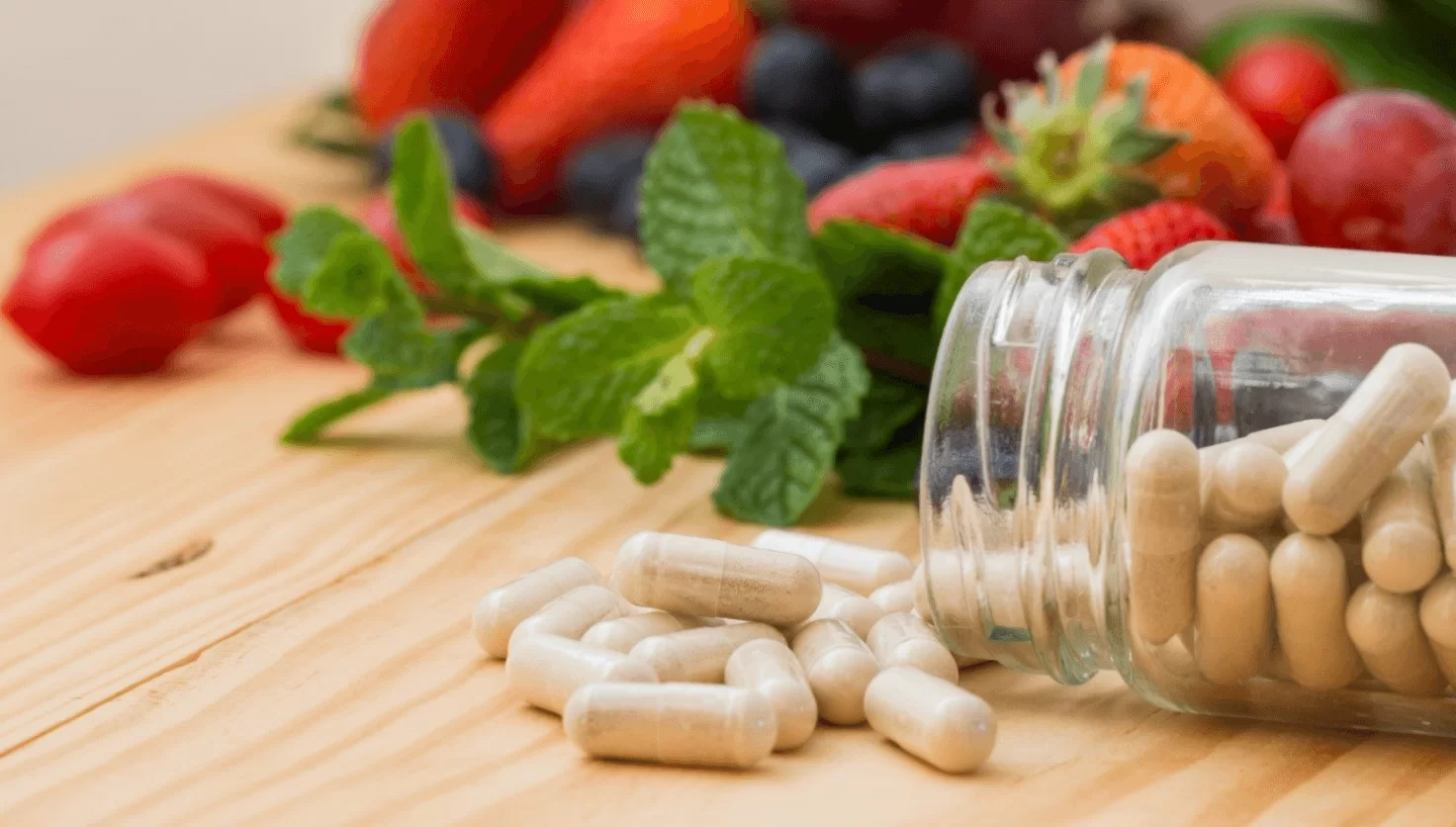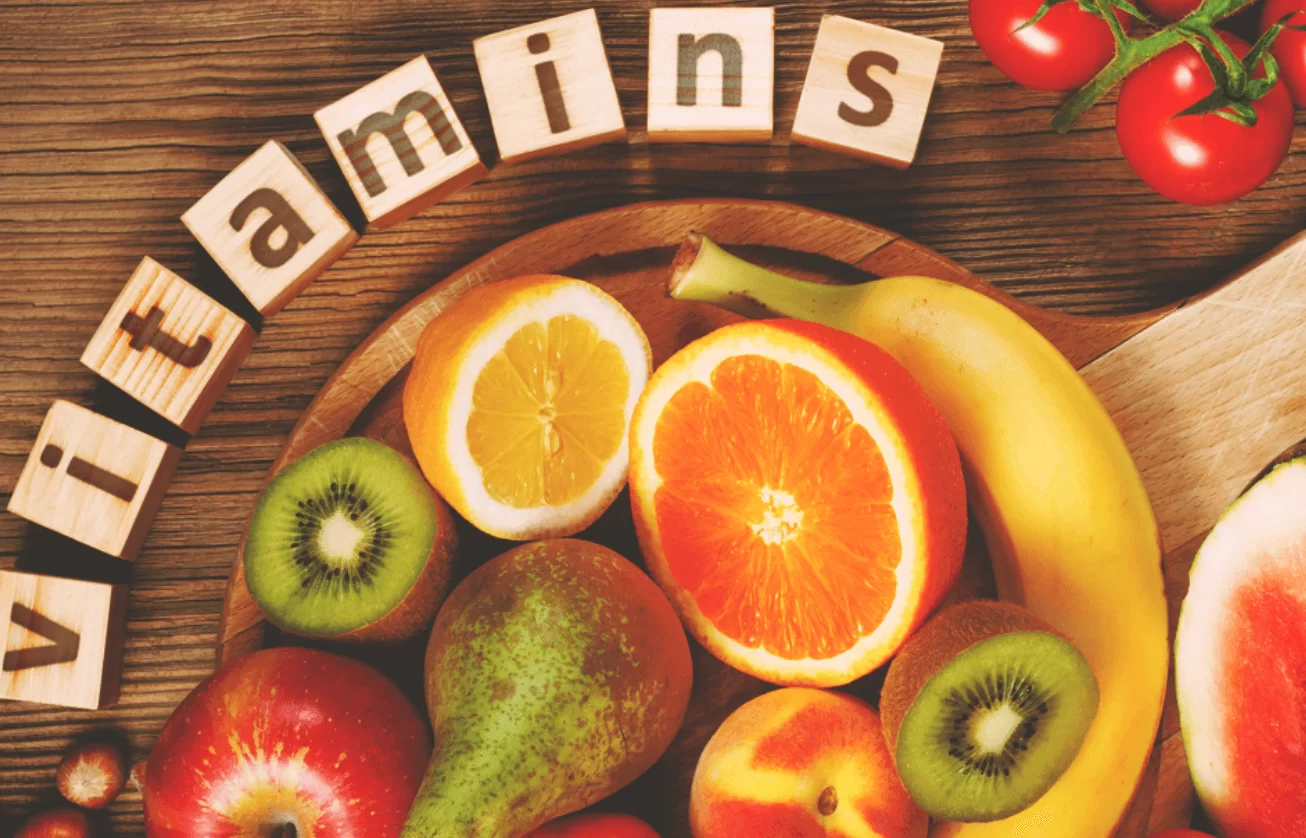
Multivitamins seem like a great idea at face value.
It certainly seems convenient and saves a lot of time on cooking.
Some of the more nutritious foods, like kale, don’t always taste so great unless you elaborately prepare them.
The problem is that most multivitamins don’t work.
It is commonly accepted that 24 vitamins and minerals are needed to maintain optimum health.
You’ll find many recommendations in the form of RDAs to direct you to what is needed. Still, unfortunately, they’re just too general and don’t consider the variables in human constitution and daily needs.
Another problem is in manufacturing. For example, most B and C vitamins are made in China.
This vitamin C constitutes high-fructose corn syrup and sulfuric acid; the B vitamins are derived from coal tar.
Despite more natural ways to manufacture them, these are the cheapest and easiest, so if you’re going for cheap multivitamins, chances are that’s what you’ll be ingesting.
Multivitamins are nothing without proper absorption
Interactions of some vitamins with each other and with foods can also be an issue. Some vitamins are fat-soluble, meaning they should be consumed with food: A, D, E, and K, for instance. Vitamins A and E counteract the effects of vitamin K, and iron, when taken with caffeinated drinks, interferes with their absorption. It also prevents the proper absorption of copper and zinc. Phytates are compounds in vegetables, whole grains, seeds and nuts. These can interfere with the absorption of trace minerals, resulting in dangerous mineral deficiencies.
Cheap vitamin products are loaded with nasty packing materials and preservatives, none of which help either the absorption of the nutrients in them or your health. Maintaining your health with most multivitamins is not possible, whatever those marketing such products will tell you. If the vitamins are counteracting each other or blocking the absorption of the nutrients in the food you eat, you could be damaging your health instead.
Natural ways to get your Multivitamins
Here are some natural ways to obtain your nutrition:
Vegetables and Multivitamins
Some highly nutritious vegetables to add to your diet would be beet greens, chard, chicory, chives, Chinese cabbage, collard green, dandelion green, endive, kale, lettuce (go for romaine and avoid iceberg), mustard green, parsley, red peppers, spinach, turnip greens and watercress. Eat fermented vegetables too, like sauerkraut, which populates the gut with friendly bacteria.
Fruit
In terms of fruit, you should also eat plenty of raisins and berries, apples, bananas, and prunes. You can’t go too wrong with fruit, except if you’re choosing the non-organic, pesticide-covered variety. Local, seasonal fruit and veg are best, followed by imported organic.
Herbs and spices
Be liberal with your herbs and spices, and ensure they’re organic rather than damaging, irradiated, and preservative-laden supermarket ones. Turmeric is a great one. The curcumin in this enhances cardiovascular health, relieves pain, reduces fat, and is anti-cancer.
Green superfood powders and tea
Use superfoods like moringa leaf or a healthy green powder such as Mega Greens with MSM.
These nutrient-dense green powders contain the best of many fruits and vegetables, but in organic powder form, are bioavailable so that they can be absorbed and used by the body.
These green powders can also help with your vitamin K2 intake.
Present in many leafy green vegetables and cheeses, it protects you from heart disease and directs the calcium present in your body to the right places: i.e. your bones, not your arteries.
You can also drink green tea, which is thought to aid almost every part of your body in some way. It also burns fat.
Vitamin D3
Supplement or sunbathe to make sure you’re getting enough Vitamin D3.
If you need to supplement, take 1,000 to 2,000 IU daily for better immune health, bone health and cognitive function.
Vitamin D3 also plays a role in the prevention of diabetes, cancer and heart disease.
Omega-3 fatty acids
Make sure you’re getting enough omega-3 fatty acids and not too many of the omega-6 variety, which is detrimental, causing inflammation. Omega-3 can be obtained through good fish oil.
Maintain your iodine levels
Check your iodine levels; most people are deficient because they don’t consume enough iodized sea salt, fresh seafood or sea vegetables like seaweed and kelp. Iodine is essential for health.
Without it, you may experience fatigue, dry skin, autoimmune issues, depression, thyroid problems and more. You can buy iodine supplements in the form of Nascent or Lugol’s iodine, and you can consume organic kelp powder.
MediMush recommends adopting a healthy dietary routine like the above. I
f you really need to take a multivitamin, make sure it is not a cheap one full of synthetic materials and poor vitamin combinations. A natural one like Naturalmulti is your best bet. Good luck with your health kick, and let the MediMush team know if we can help!




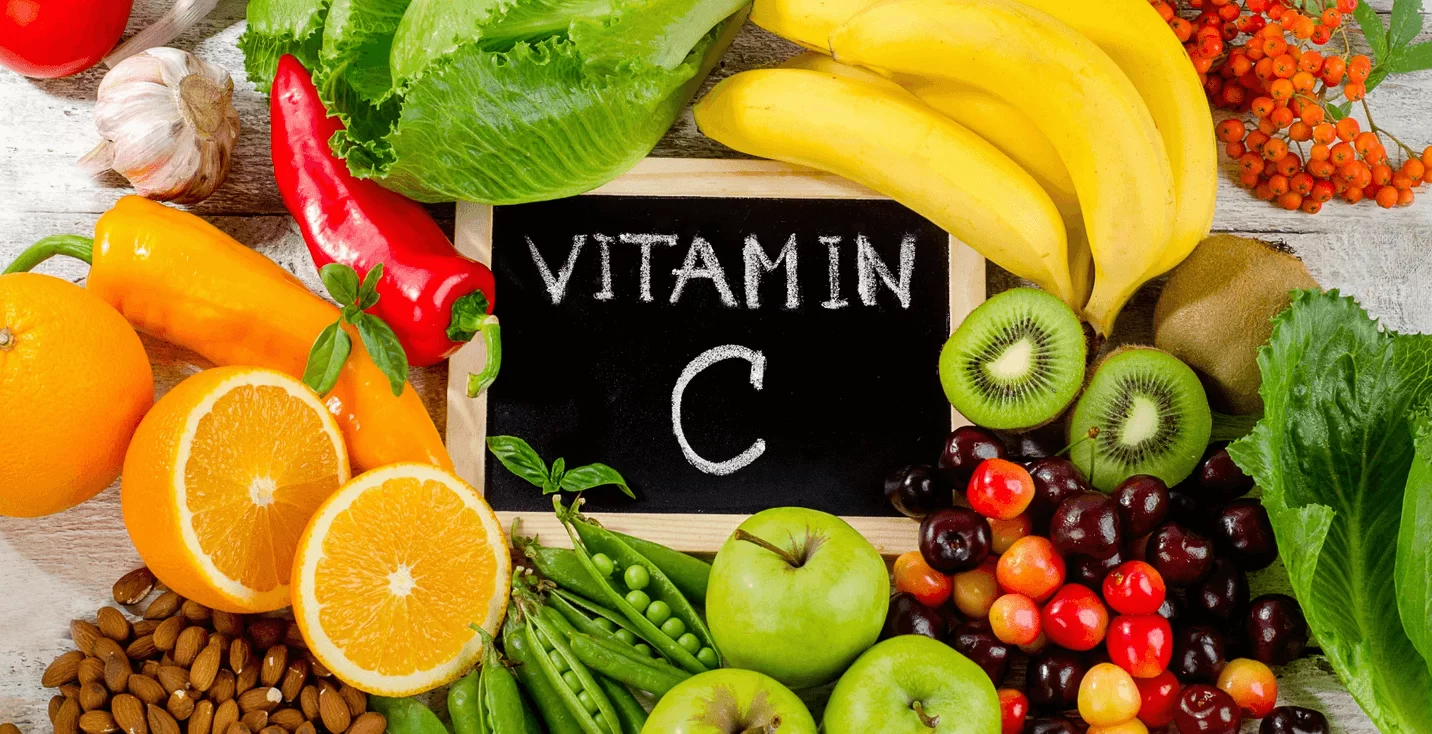 4 Easy Ways to get Enough Bioavailable Vitamin C
4 Easy Ways to get Enough Bioavailable Vitamin C
 Why Supermarket Herbs and Spices Like Cinnamon are Bad for Health
Why Supermarket Herbs and Spices Like Cinnamon are Bad for Health




